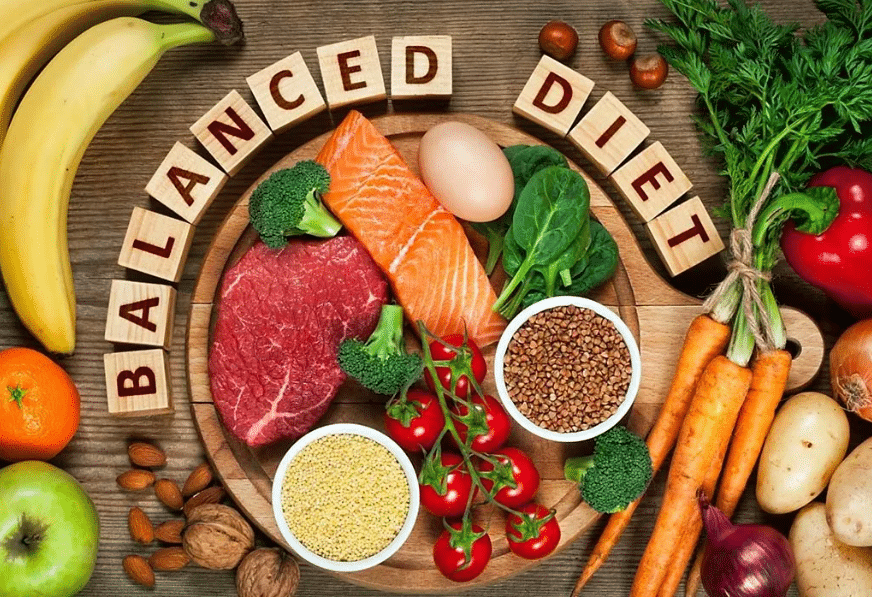Zinc, though often overshadowed by more widely discussed nutrients, plays a crucial role in maintaining a robust immune system and promoting effective wound healing. While zinc is plentiful in animal-based foods, vegetarians must be more deliberate in incorporating this essential mineral into their diets to ensure they meet their nutritional needs.
The Role of Zinc in Immune Health and Healing: 6 Top Vegetarian Sources
Zinc is a crucial trace mineral essential for overall health, particularly in supporting immune function and aiding healing processes. It plays a significant role in biochemical activities like cell division, DNA synthesis, and protein production, which are vital for a strong immune system and effective tissue repair. Zinc deficiency can lead to weakened immune responses, increased susceptibility to infections, and a reduced effectiveness of vaccinations, leaving individuals at higher risk for illnesses like pneumonia and diarrhea. Adequate zinc levels are essential for a robust immune response, serve an anti-inflammatory function, and help maintain the integrity of skin and mucous membranes, which act as natural barriers against pathogens.

Zinc = Enhanced Immune Health & Healing
Zinc is integral to both innate and adaptive immunity. Low zinc levels can impair the development and function of immune cells such as neutrophils, macrophages, and natural killer cells. Additionally, zinc is vital for wound healing and tissue repair, promoting collagen synthesis essential for wound closure and integrity. Its role in cell division and protein synthesis makes it crucial for tissue regeneration after injuries or surgeries. Zinc’s antioxidant properties also protect cells from oxidative stress during the healing process.

Top Vegetarian Sources of Zinc
While zinc is abundant in animal products, vegetarians can easily obtain sufficient amounts from plant-based sources. Here are six excellent vegetarian sources of zinc:
- Pumpkin Seeds: Nutrient-dense and rich in zinc, a small handful of pumpkin seeds provides a substantial portion of your daily intake along with healthy fats and antioxidants.
- Chickpeas: Also known as garbanzo beans, chickpeas are versatile and can be used in salads, soups, or made into hummus. They are not only high in protein and fiber but also a good source of zinc.
- Lentils: Another legume rich in zinc, lentils are also excellent plant-based sources of protein and iron, making them a healthy addition to a vegetarian diet.
- Cashews: Delicious and zinc-rich, cashews can be enjoyed as a snack or added to dishes for a crunchy texture. They are also useful for making creamy sauces.
- Quinoa: This ancient grain is a complete protein containing all nine essential amino acids and offers a good amount of zinc. It’s versatile and can be included in salads, sides, or baked goods.
- Oats: An excellent whole-grain source of zinc, oats also provide fiber, which aids in digestion. They can be eaten as oatmeal, added to smoothies, or incorporated into baked goods.

By incorporating these zinc-rich foods—pumpkin seeds, chickpeas, lentils, cashews, quinoa, and oats—into a well-rounded vegetarian diet, you can support overall health and well-being.

